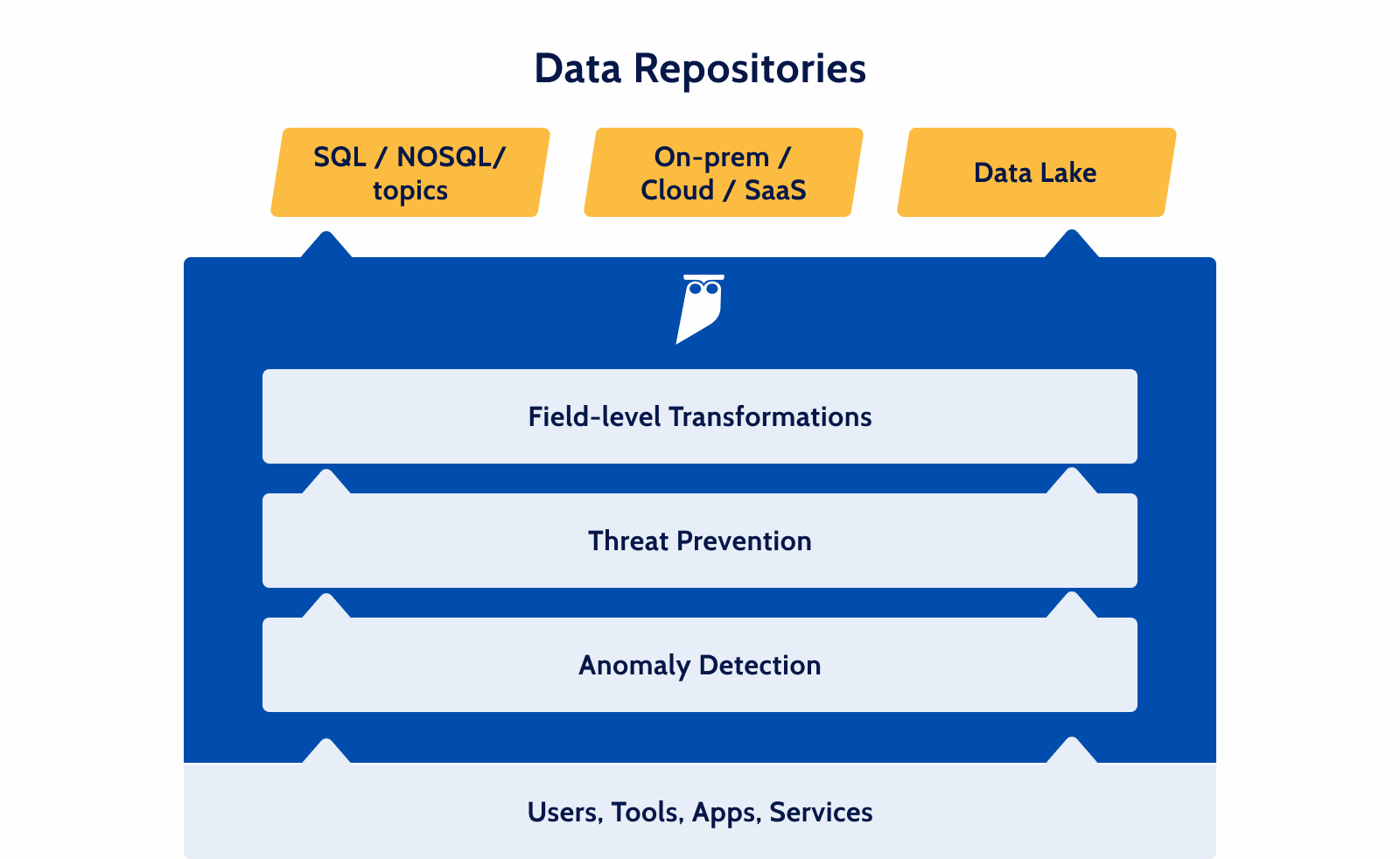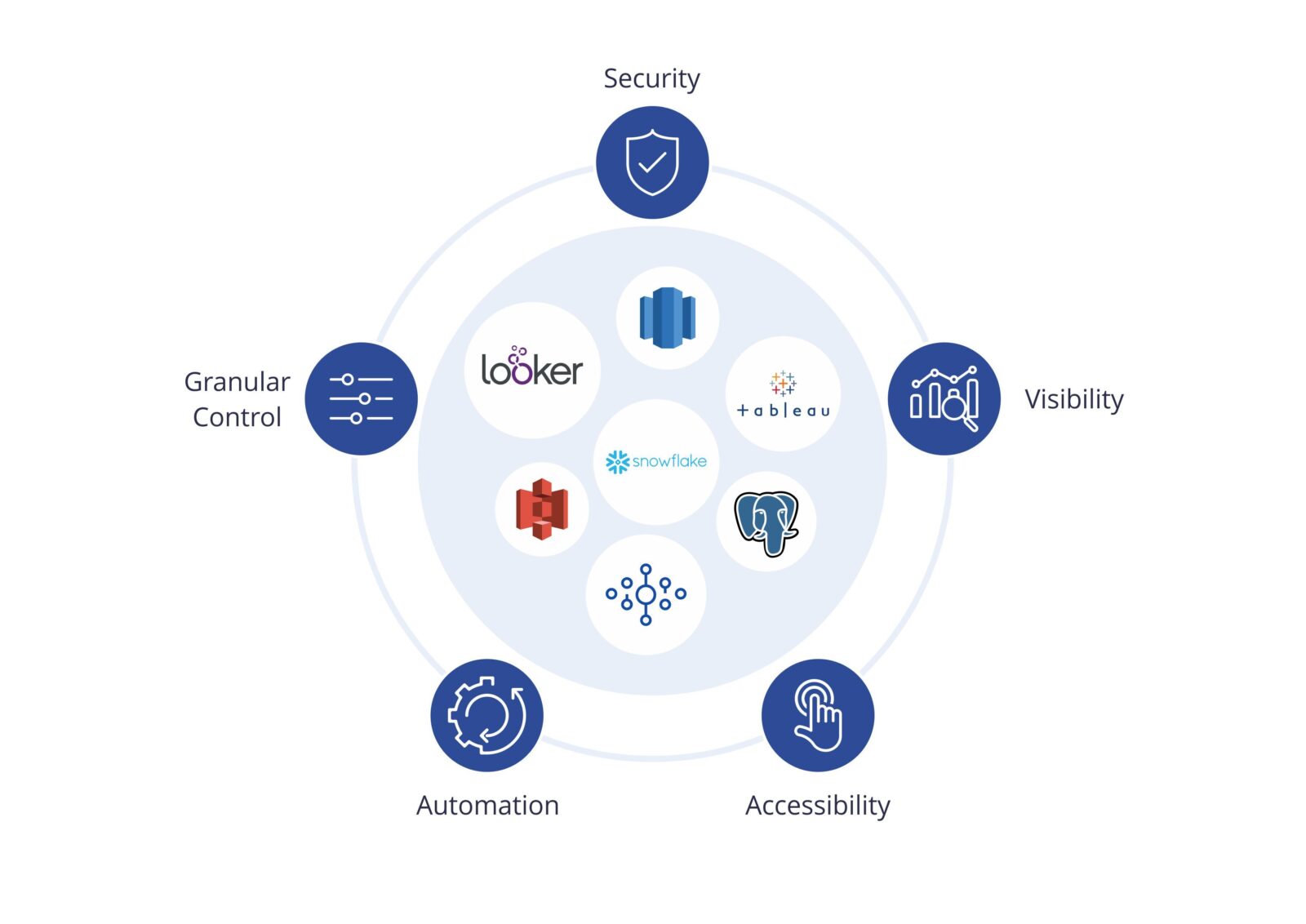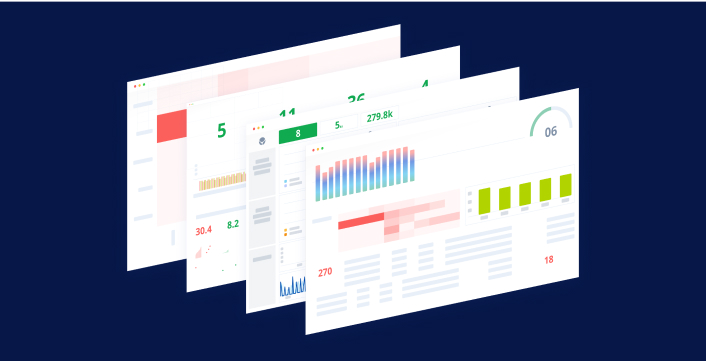Data Security Governance
Data Security Governance Definition
Data security governance is a type of information governance that focuses specifically on the protection of corporate data – in both structured and unstructured – through defined data policies and processes.
Data Security Governance FAQs
What is Data Security Governance?
Data security governance refers to the set of policies, procedures, and controls put in place to ensure the confidentiality, integrity, and availability of an organization’s data assets. The goal is to establish a data security governance framework that enables organizations to identify, manage, and mitigate risks to their data assets.
As businesses migrate their most sensitive datasets to the cloud, it is essential to invest in modern data governance and security solutions to ensure that users and applications get the access they need without introducing more risk, complexity or cost.

What is the Data Security Governance Process?
At its core, data security governance involves managing the risks associated with data management. This includes identifying sensitive data, defining the policies and procedures that govern its use, and implementing controls to ensure compliance with those policies.
To achieve this, organizations typically establish a data security and governance framework that includes:
- Risk management: This involves identifying and assessing risks to data security, and developing strategies to mitigate those risks.
- Policies and procedures: This includes developing and implementing policies and procedures that govern the use, storage, and transmission of sensitive data.
- Access control: This involves implementing controls to ensure that only authorized individuals have access to data that is privileged or sensitive.
- Data classification: This involves categorizing data according to its sensitivity level and defining appropriate controls based on that classification.
- Incident response: This involves developing a plan for responding to data security incidents, such as data breaches or unauthorized access.
- Monitoring and auditing: This involves implementing processes to monitor data security and compliance with policies and procedures, and conducting regular audits to meet compliance requirements.
Overall, data security governance and privacy are critical to ensuring the confidentiality, integrity, and availability of an organization’s data assets, and requires ongoing attention and investment to stay ahead of evolving threats and risks.
The Importance of Data Security and Governance
Data security governance is essential because it helps to protect an organization’s sensitive and confidential information from unauthorized access, use, disclosure, modification, or destruction. It involves establishing policies, procedures, and controls to ensure that information is used appropriately, and risks are mitigated.

Here are some reasons why cyber security and data governance are crucial:
- Protects sensitive information: Security and data governance help protect data in an organization from theft, loss, or unauthorized disclosure. It ensures that only authorized personnel have access to the information and that it is stored securely.
- Complies with regulations: Many industries are subject to regulations governing data privacy and security, such as Health Insurance Portability and Accountability Act (HIPAA), General Data Protection Regulation (GDPR), and CCPA. Organizations must comply with these regulations to avoid legal penalties, reputational damage, and loss of business.
- Minimizes risk: A data governance strategy helps minimize the risk of data breaches, cyber attacks, and other security incidents that could damage an organization’s reputation and bottom line.
- Enhances customer trust: Customers trust organizations that take data security seriously. By implementing a robust data governance framework, organizations can demonstrate their commitment to protecting their customers’ personally identifiable information (PII).
- Improves decision-making: Big data is a valuable asset for organizations, and data security governance ensures that it is accurate, reliable, and accessible when needed. This improves decision-making and helps organizations stay ahead of the competition.
In summary, cyber security data governance is essential for protecting an organization’s sensitive information, complying with regulations, minimizing risk, enhancing customer trust, and improving decision-making.
Does Cyral Offer a Data Security Governance Solution?
Cyral’s data security governance platform easily authenticates, authorizes, and audits access to your databases in any cloud.
At the core of Cyral’s approach to data governance and data security are discovery, least privilege, and auditing controls for an organization’s most sensitive datasets. It approaches least privilege with multiple authentication and authorization controls like multi-factor authentication (MFA), field-level policies, just-in-time approvals, and seamless data integration with an organization’s existing Identity and Access Management (IAM) solutions.
Discovery and auditing are designed to be database-centric so information security professionals can easily see what data assets live where, who can access it, and how it is being used in real time. This approach significantly reduces the number of data breaches and the blast radius of a successful attack.
Learn more about Cyral’s Data Security Governance solution here.


